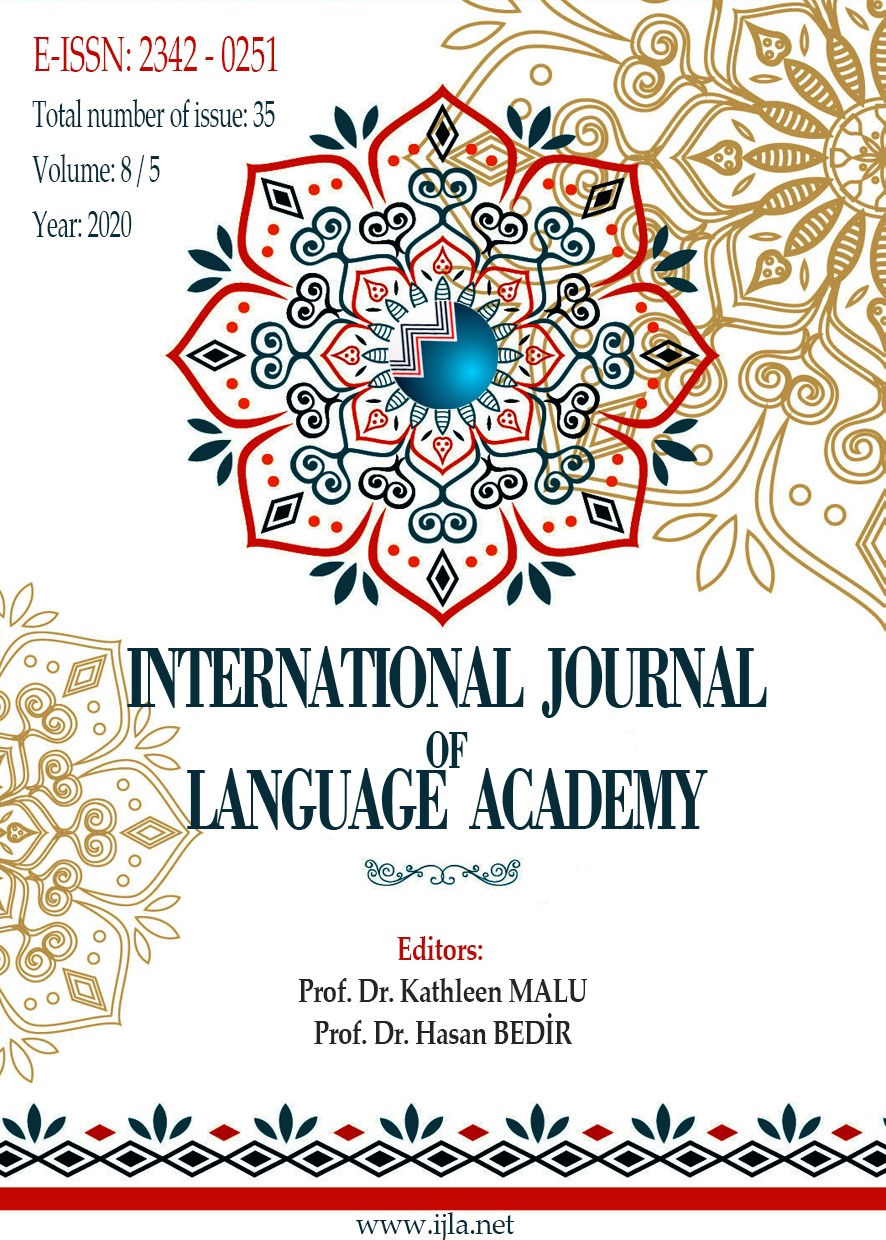Author :
Abstract
Ecofeminism is a subgenre of ecocriticism that came into existence within the second wave of ecocriticism. Scholars such as Karen J. Warren and Greta Gaard have advocated that the women’s cause cannot be held apart from the cause of the natural environment and have therefore emphasized the necessity of ecofeminism. To that end, ecofeminists maintain that the oppression of women and the environment are interconnected. This article aims to analyze Joseph Conrad’s renowned novella, Heart of Darkness and the African author Chinua Achebe’s novel, Things Fall Apart from an ecofeminist perspective. Both of these are works of fiction set in the 19th century in the African continent. However, despite a similar setting, both works reflect the British colonization of the African territories through different viewpoints. Heart of Darkness presents its story from the perspective of the Western colonisers, whereas Things Fall Apart reflects this period through the window of the colonized African people. Nevertheless, both narratives expose a serious oppression of women and the environment. The study will expose these oppressions with specific references to both texts. The article's final aim will be to point out that the freedom of women and the environment are intertwined and that one cannot achieve complete emancipation without establishing the liberation of the other.
Keywords
Abstract
Ecofeminism is a sub-genre of ecocriticism that came to existence within the second wave of ecocriticism. Scholars such as Karen J. Warren and Greta Gaard have advocated that the women’s cause cannot be held apart from the cause of the natural environment and have therefore emphasised the necessity of ecofeminism. To that end, ecofeminists claim that the oppression of women and nature are interrelated. This article aims to analyse Joseph Conrad’s renowned novella, Heart of Darkness and the African author Chinua Achebe’s novel, Things Fall Apart from an ecofeminist perspective. Both of these are works of fiction set in the 19th century in the African continent. However, despite a similar setting, both works reflect the British colonisation of the African territories through different viewpoints. Heart of Darkness presents its story from the perspective of the Western colonisers whereas Things Fall Apart reflects this period through the window of the colonised African people. Nevertheless, both narratives expose a serious oppression of women and the environment. The study will expose these oppressions with specific references to both texts. The final aim of the article will be to point out that the salvation of women and nature are closely interrelated and that one cannot achieve complete emancipation without the liberation of the other.
Keywords
- Achebe, C. (1994). Things Fall Apart. Anchor Books.
- Adams, C. J. (1993). Introduction. In C. J. Adams (Ed.), Ecofeminism and The Sacred. New York: Continuum.
- Birkeland, J. (1993). Ecofeminism: Linking Theory and Practice. In G. Gaard (Ed.), Ecofeminism: Women, Animals, Nature. Philadelphia: Temple University Press.
- Conrad, J. (1999). Heart of Darkness. Penguin Books.
- Glazebrook, T. (2002). Karen Warren's Ecofeminism. Ethics & the Environment, 7(2), 12-26. doi:10.1353/een.2002.0015
- Gogoi, G. (2014). An Ecocritical Approach to Chinua Achebe’s Things Fall Apart and Arrow of God. IOSR Journal of Humanities and Social Science, 19(11), 1-4. Retrieved from http://www.iosrjournals.org/iosr-jhss/papers/Vol19-issue11/Version5/A0191150104.pdf
- Howell, N. R. (1997). Ecofeminism: What one needs to know. Zygon®, 32(2), 231-241. doi:10.1111/0591-2385.861997085
- Radford Ruether, R. (1995). Ecofeminism: Symbolic and social connections of the oppression of women and the domination of nature. Feminist Theology, 3(9), 3550. doi:10.1177/096673509500000903
- Smith, J. M. (1989). Too Beautiful Altogether’: Patriarchal Ideology in Heart of Darkness. In R. C. Murfin (Ed.), Heart of Darkness: A Case Study in Contemporary Criticism. St. Martin’s Press.
- Smith, K. M. (2009). Revis(it)ing Joseph Conrad’s Heart of Darkness: Women, Symbolism, and Resistance (Master's thesis, Florida Atlantic University).
- Warren, K. (2000). Ecofeminist Philosophy: A Western Perspective on What it is and Why it Matters. Rowman & Littlefield.





